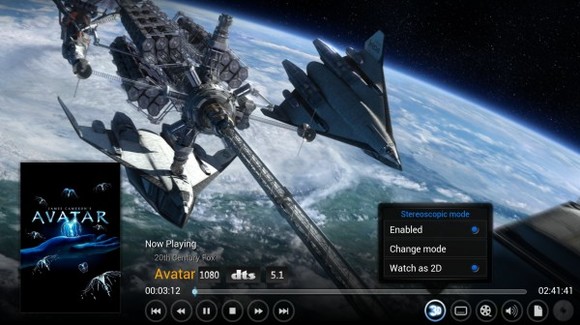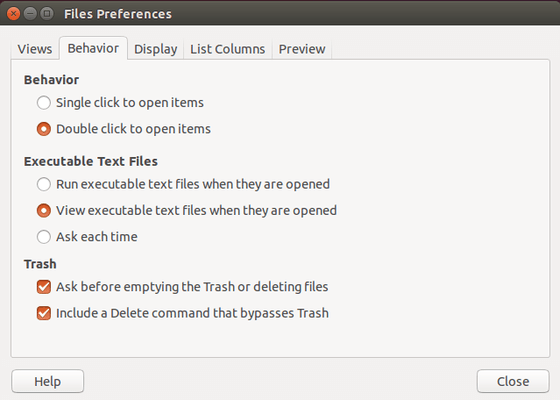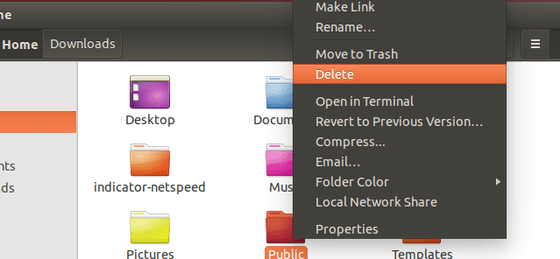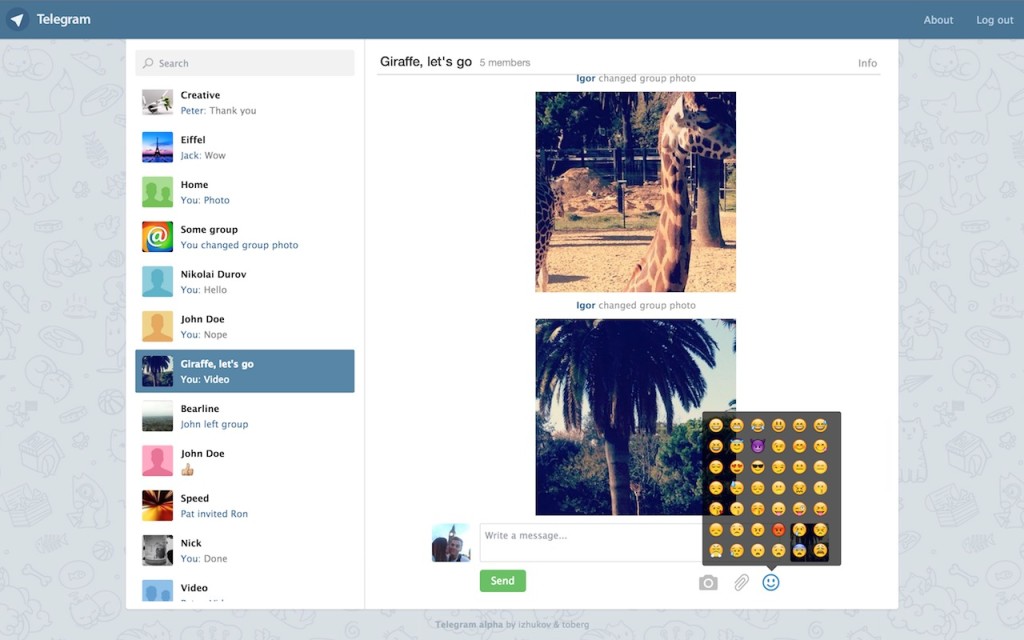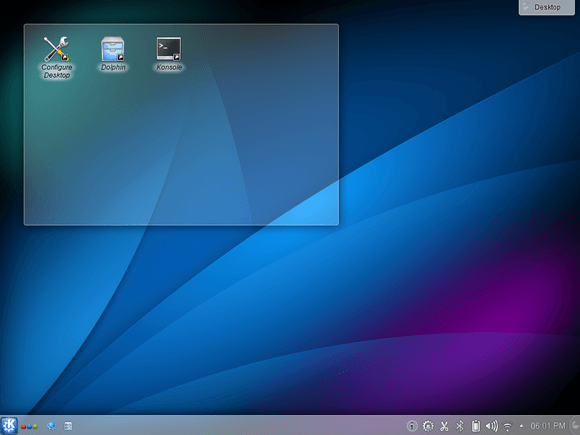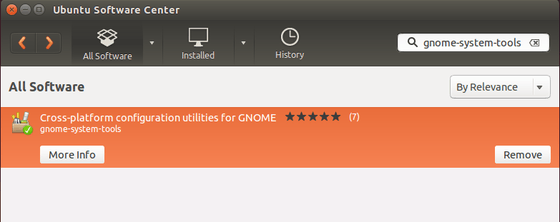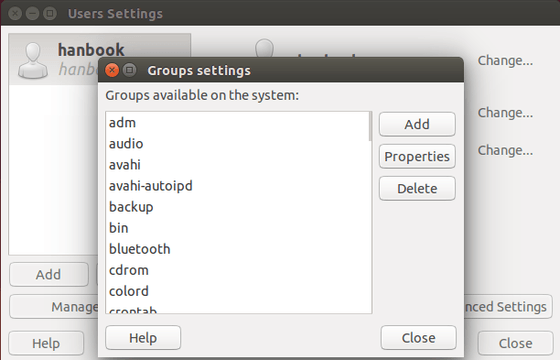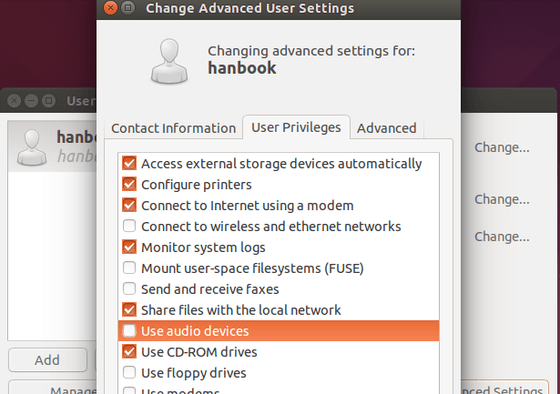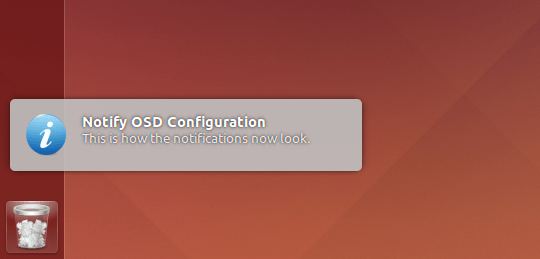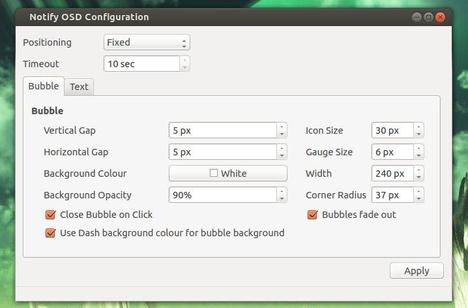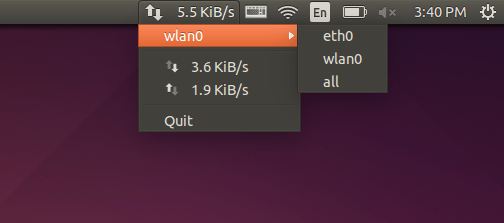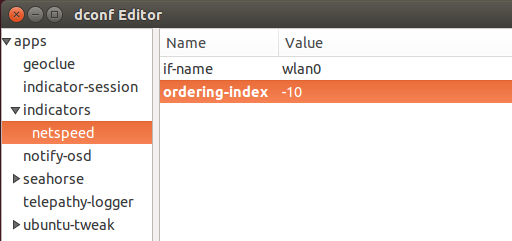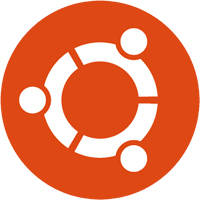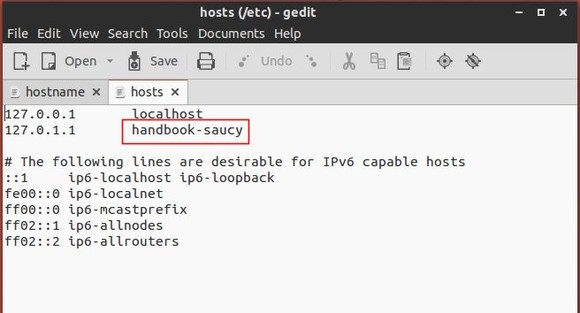Converseen, a free batch image processor, now is at version 0.7.0 with the ability to transform an entire PDF file into a bunch of images with the characteristics you prefer.
Converseen is a free cross-platform batch image processor for Windows and Linux that allows you to convert, resize, rotate and flip an infinite number of images with a mouse click.
Thanks to the Magick++ image libraries it supports more than 100 image formats like DPX, EXR, GIF, JPEG, JPEG-2000, PhotoCD, PNG, Postscript, SVG, and TIFF and many others.
The latest release Converseen 0.7.0 brings following changes:
- Now is possible to convert an entire PDF in a bunch of pictures.
- Now is possible to extract single images from a Windows icon (ico) file.
- Added various code improvements.
Install Converseen:
I’ve made this release into Launchpad PPA as a third-party repository. You can install or upgrade it in Ubuntu 14.04, Ubuntu 13.10, Ubuntu 12.10 and Ubuntu 12.04 via below commands.
Press Ctrl+Alt+T on keyboard to open the terminal. When it opens, run the commands below one by one:
sudo add-apt-repository ppa:ubuntuhandbook1/apps sudo apt-get update sudo apt-get install converseen
Links:
Homepage: converseen.sourceforge.net
Github: github.com/Faster3ck/Converseen




